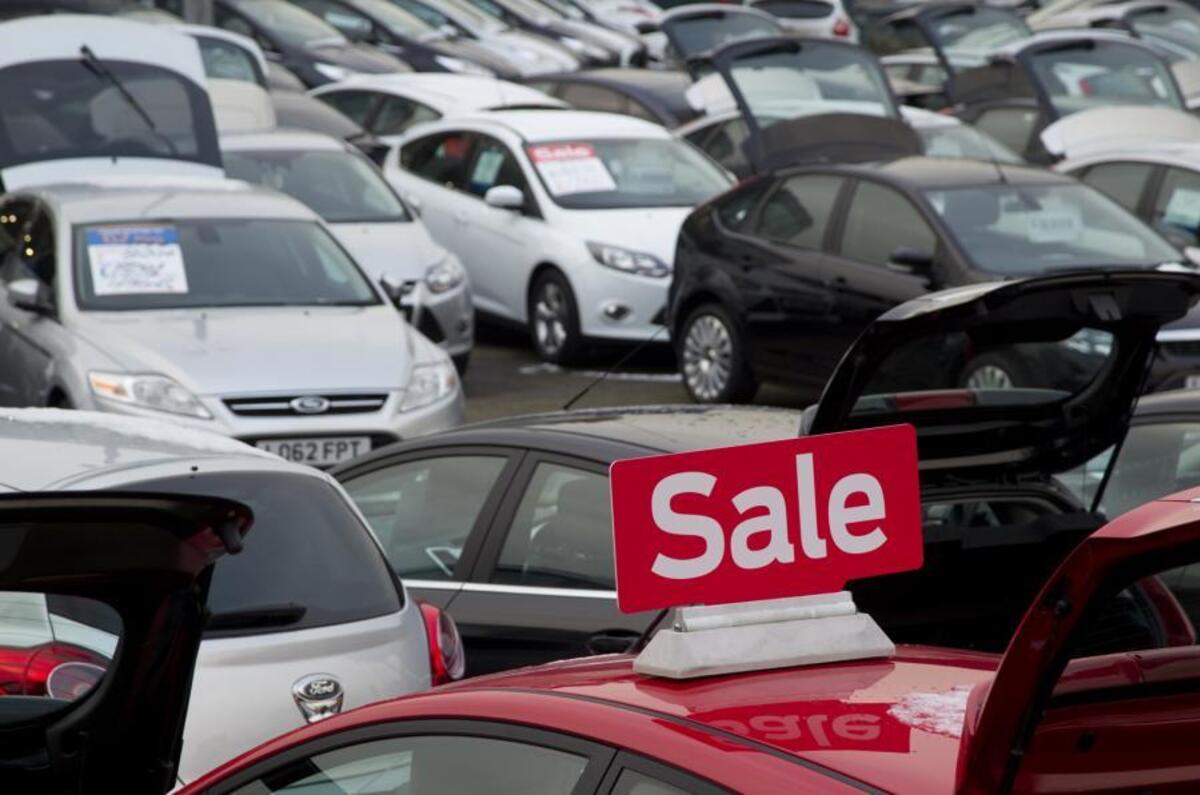Scrappage schemes are suddenly all the rage, unless you are Vauxhall, which has had one running for months but without pinning it to any emissions-reducing fanfare.
This month, however, BMW, Mercedes and Ford jumped in and now Volkswagen, Audi, Seat, Skoda and plenty more have followed suit. Each scheme has different terms and conditions - of which more later - and each is laudable in some respects of the stated environmental goals, but how much difference do we really expect them to make?
Let’s start with the upsides; vehicle emissions have been pretty hot news since the VW scandal broke two years ago and - finally - these schemes are turning the tide of negative headlines and allowing the car industry to broadcast that modern engines are relatively pretty clean.
Here are some stats from Ford:
- Diesels from 1993 produce 82% more CO (carbon monoxide) on average than today.
- Petrols from 1993 produce 63% more CO (carbon monoxide) on average than today.
- Petrols from 2001 produce 50% more HC (hydrocarbons) on average than today.
- Average NOX (nitrogen oxides) emissions of all engines in 2001 are 84% higher than today.
- Average PM (particulate matter) emissions of diesels made in 1993 are 96% higher than today.
Latest Society of Motor Manufacturers and Traders (SMMT) figures suggest there are 19.3m pre-Euro 5 cars on UK roads today - the age of vehicle that these scrappage schemes are targeting - so it’s not hard to imagine the benefits of swapping them all for latest generation cars (although, if you can’t, Ford says its the equivalent of 15 million tonnes of CO2 a year, the equivalent to the annual output of three coal-fired power stations).
But - and it’s a big but - how many owners of cars that are worth £2000 or thereabouts (the exact figure depends on the scheme) are about to go out and buy a new Ford, let alone a new BMW or Mercedes? Even at the lowest end of the scale that means swapping a £2000 car for an £12,000 one, but at the top end the suggestion is that a £40,000 car might be a viable exchange for a £2000 one. Yes, comparable lease deals will be available, but in many cases that would likely mean swapping your wheels for a deposit (or part of one) for a three-year loan.
I suppose there might be some two-car households who want to upgrade the family banger, or some students whose beady-browed parents want them in something safer, but the fact is that most owners of older cars are in them because that’s what they can afford. And, should they need to upgrade, they are far more likely to look to the used car fleet for newer but cheaper alternatives than make the leap into a plug-in hybrid.
Then there’s the practicalities. Most of the schemes set a value for your used car around £2000 - but there are many cars from pre-2010 that are worth considerably more. Trade in your Ford Focus from the end of that period, for instance, and you’d hope for between £2500 and £5500 depending on condition and specification. Let’s hope the dealers are honest on that one, or that sellers are smart enough to do their homework first, using some of the free valuations tools available online, such as our sister brand What Car?’s.




Join the debate
Add your comment
Scrap yard owners....?
I think they would Benifit too, got to scrapped somewhere by somebody, are Car makers going to go into the Car scrapping Business too....?
Who will benefit ? The car
Who will benefit ? The car manufacturers, thats who - higher profits. A proper short term solution is to retrofit existing cars with emissions equipment to make them Euro 6 compliant, its perfectly feasible, the tech exists for light commercials and trucks, its just a case of making smaller versions to fit cars, governments should legislate to force retrofitting.
Main beneficiary - the finance companies
Given selling cars is now just a way to earn commission on financial deals (have you seen the look on salesmen's faces if you say a sentence with the word "cash" in it) - these scrappage schemes are just another marketing tool for the banks. Given the recently-announced end-date of the PPI pay-backs, they are clearly wanting a replacement